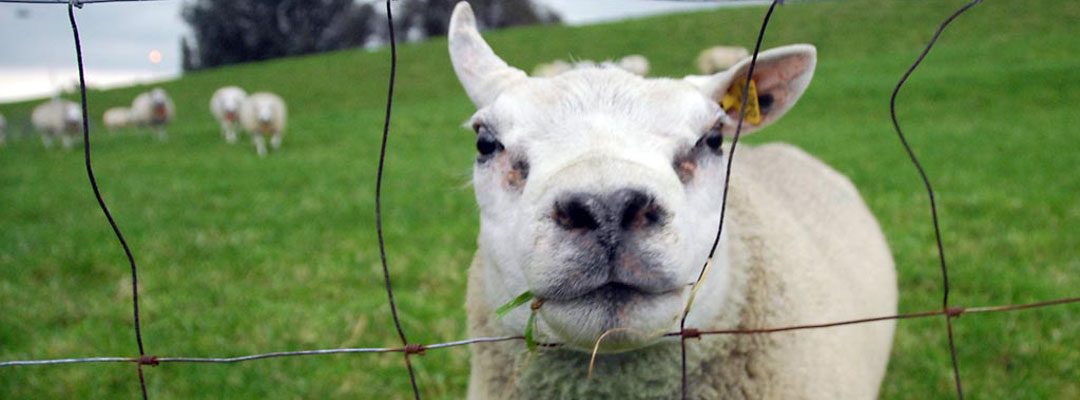Public Lectures
Naomi Oreskes: Merchants of Doubt: Using History and Philosophy of Science to Understand the Climate Change Debate
Great Hall - Somerville House Somerville House, Western University, London, Ontario, CanadaABSTRACT On vital issues such as genetically-modified foods and climate change, having correct scientific knowledge is vital for making good public policy. How does philosophy help us understand science? How strong is the scientific consensus about climate change, and the effects our species has on it? Naomi Oreskes, co-author of the award-winning book Merchants of [...]
Robert DiSalle: Gravity, Geometry, and Philosophy: 100 Years in Einstein’s Universe
Wolf Performance Hall - Central Library 251 Dundas St, London, Ontario, CanadaOne hundred years ago, in November 1915, Albert Einstein achieved his long-sought theory of gravitation: the General Theory of Relativity. In developing the General Theory, Einstein brought together ideas from philosophy, mathematics, and physics, to create a remarkable new conception of gravity, space, and time. His work is a model of the engagement between philosophy [...]
Elisabeth Lloyd: The Orgasm Wars
ABSTRACT There has been a fierce battle occurring among people who explain the evolution of human female orgasm, about its evolutionary origins and nature. The core issue is that the female orgasm presents an evolutionary puzzle. Unlike the male orgasm, female orgasm is not associated with any increase in fertility or reproductive success. Several types [...]
Peter Singer: The Most Good You Can Do: How Effective Altruism is Changing Ideas About Living Ethically
Great Hall - Somerville House Somerville House, Western University, London, Ontario, CanadaABSTRACT Effective altruism is built upon the simple but profound idea that living a fully ethical life involves doing the "most good you can do." Such a life requires an unsentimental view of charitable giving: to be a worthy recipient of our support, an organization must be able to demonstrate that it will do more [...]
Peter Singer: Animal Liberation, Forty Years On
Great Hall - Somerville House Somerville House, Western University, London, Ontario, CanadaABSTRACT Peter Singer's Animal Liberation, often credited with starting the modern animal rights movement, was first published in September 1975. In this lecture, the author assesses how well the argument has stood up over that period, and what progress has been made towards the changes in our treatment of animals that the book advocates. SPEAKER [...]





